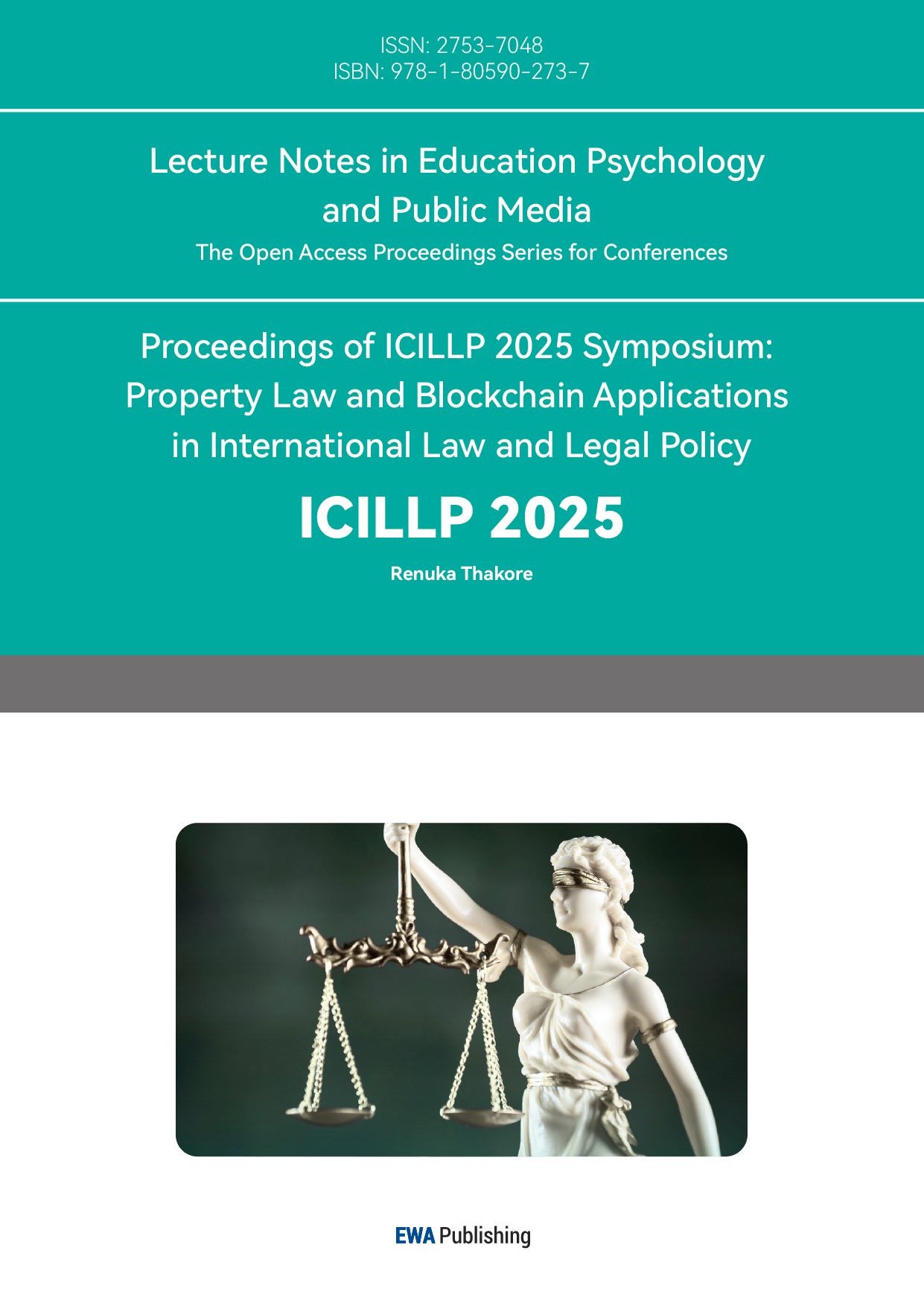References
[1]. Savourey, E., & Brabant, S. (2021). The French law on the duty of vigilance: Theoretical and practical challenges since its adoption. Business and Human Rights Journal, 6(1), 141-152.
[2]. Friedlich, N. (2023). Tempered Vigilance: Realizing Effective Remedy for Rightsholders Under the French Duty of Vigilance Law. Va. J. Int'l L., 64, 609.
[3]. YILDIRIM SOYSAL, H. (2023). ULUSÖTESİ ŞİRKETLERİN TEDARİK ZİNCİRLERİNDE İNSAN HAKLARI SORUMLULUĞU VE ALMAN HUKUKUNDAKİ GELİŞMELER. Banking & Commercial Law Journal/Banka ve Ticaret Hukuk Dergisi, 39(3).
[4]. Gamble, S. W. (2021). A corporate human rights due diligence law for California. UC Davis L. Rev., 55, 2421.
[5]. Hess, D. (2021). The management and oversight of human rights due diligence. American Business Law Journal, 58(4), 751-798.
[6]. Cossart, S., Chaplier, J., & De Lomenie, T. B. (2017). The French law on duty of care: A historic step towards making globalization work for all. Business and Human Rights Journal, 2(2), 317-323.
[7]. Yang, Y. (2017). Liability and compensation for oil spill accidents: International regime and its implementation in China. Natural Resources Journal, 57(2), 465-492.
[8]. Nixon, B. (2024). A Narrative Discourse on Large Global Corporations and Modern Slavery in Complex Supply Chains (Doctoral dissertation, Pepperdine University).
[9]. Choudhury, B. (2023). Corporate law’s threat to human rights: Why human rights due diligence might not be enough. Business and Human Rights Journal, 8(2), 180-196.
[10]. Wagner, G. (2023). Liability Rules for the Digital Age: –Aiming for the Brussels Effect–. Journal of European Tort Law, 13(3), 191-243.
[11]. Mittwoch, A. C., & Bremenkamp, F. L. (2023). The German Supply Chain Act-A Sustainable Regulatory Framework for Internationally Active Market Players?. Rev. Eur. & Comp. L., 55, 189.
[12]. YE, B., & YANG, K. (2022). The transformation of the Human Rights-based economy in Europe: comments on the proposed corporate sustainability due diligence directive. Chinese journal of European studies, 40, 76-107.
[13]. Bradlow, A. H. (2018). Human rights impact litigation in ISDS: a proposal for enabling private parties to bring human rights claims through investor-state dispute settlement mechanisms. Yale J. Int'l L., 43, 355.
[14]. Ofodile, U. E. (2023). ESG, supply chain due diligence and food systems transformation: changes and challenges. In Research Handbook on International Food Law (pp. 291-314). Edward Elgar Publishing.
[15]. Taylor, C. R. (2017). The unsettled state of compelled corporate disclosure regulation after the conflict mineral rule cases. Lewis & Clark L. Rev., 21, 427.



